Thank you to all SHLC teams for completing the RTP2 summary papers, and for your hard work and effort to get them published during Urban October. We encourage all SHLC teams to read each other’s work and share with your own network and colleagues.
The EUCEN Online Open Forum series begins next week. Full programme details are featured below and also available here with the first programme beginning on Monday, 2 November.
Join us for a webinar presented by Dr. Stephen Billett.
As a means of advancing our understandings and practices as adult educators, this webinar explores how adults’ learning can be mediated by the interrelations amongst person + education + community.
You may already have heard about this webinar which BALID and the UEA UNESCO Chair are co-hosting on 18th November. As friends of Brian, we thought you might like to participate and do feel free to invite others too.
A few weeks ago the CR&DALL Bulletin shared the contribution of UIL on Lifelong Learning to the UNESCO Futures of Education Commission which is in the tradition of the Faure Report in 1972 and the Delors Commission in 1996 on Learning - the treasure within.
We are pleased to announce that The Scholarship Framework has moved to the Education and Training Foundation (ETF) Excellence Gateway. The ETF Excellence Gateway is a resource portal with a broad range of materials including teaching, research and CPD materials.
Over the past six months, qualitative researchers have had little choice but to try to change and adapt our usual methods; switching new and existing research projects to often completely different ways of working. This is particularly relevant when we consider how best to conduct and manage qualitative research on poverty during the time of COVID-19.
WAHED24 is a unique collaboration between the WAHED and the Asia Europe Foundation, Equity Practitioners in Higher Education Australasia (EPHEA) & National Centre for Student Equity in Higher Education (NCSEHE), the Lumina Foundation, the University of Nairobi and the UNESCO International Institute for Higher Education in Latin America and the Caribbean (IESALC).
How can education leaders monitor and measure progress toward educational equity? Educational policy makers and leaders recognize the importance of making sure that students of all backgrounds and abilities have an equal chance to succeed. This goal of educational equity has been historically difficult to achieve, but it is especially timely now.
You are invited to participate in a discussion of adult basic, secondary, and transitions education’s response to the COVID-19 pandemic. Led by Drs. Alisa Belzer, Margaret Patterson, and Jen Vanek, this webinar will include a description of findings from the Evidence-Based Adult Education System (E-BAES) taskforce inquiry completed in May 2020.
We are living in a time where the word ‘crisis’ is becoming ever more commonplace in the discourse of both public policy and decision making in public and private sector organisations. Equally, and for a number of years, the role and influence of experts and the evidence they bring to the decision-making process have been challenged multiple times.
On July 21, 2020, the National Academies of Sciences, Engineering, and Medicine's Committee on Science, Engineering, Medicine and Public Policy hosted a virtual workshop, Reopening U.S. Research Universities: Confronting Long-Standing Challenges and Imagining Novel Solutions.
Today sees the launch of the brand new podcast, Inequality Bites. Throughout the series, they’ll be exploring how we can make society more equal so that everyone can flourish.
World Access to Higher Education Day (WAHED) is a day of awareness raising that aims to bring global attention to inequality in access to higher education and to accelerate action. Now in its third year, WAHED is organised by the National Education Opportunities Network (NEON).
Due to the popularity of this seminar series (previous events held on 15th July and 6th October), we would like to invite you to pre-register for the third and final event 'Avoid photocopying the past: Re-designing HEIs to reduce inequitable outcomes for BAME students?'.


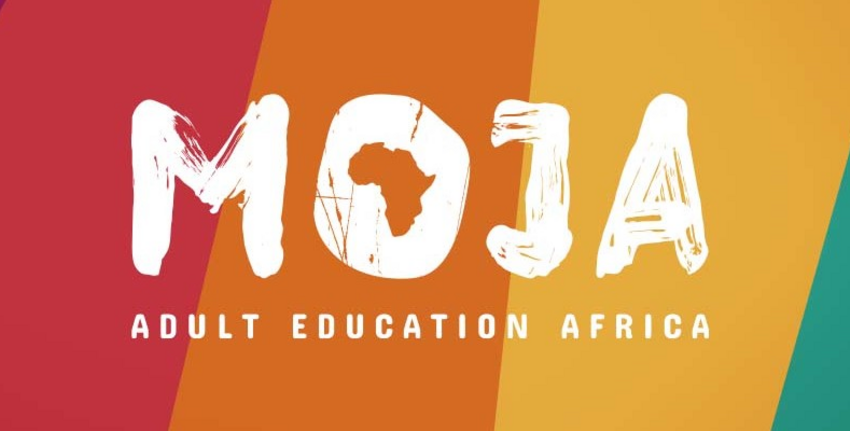
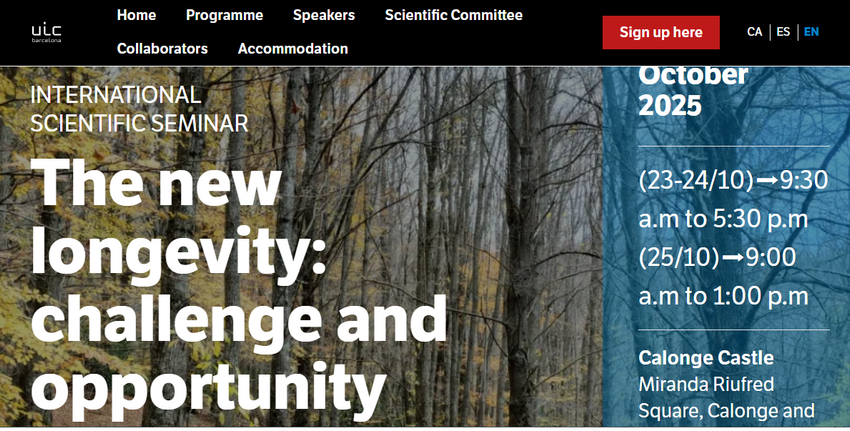
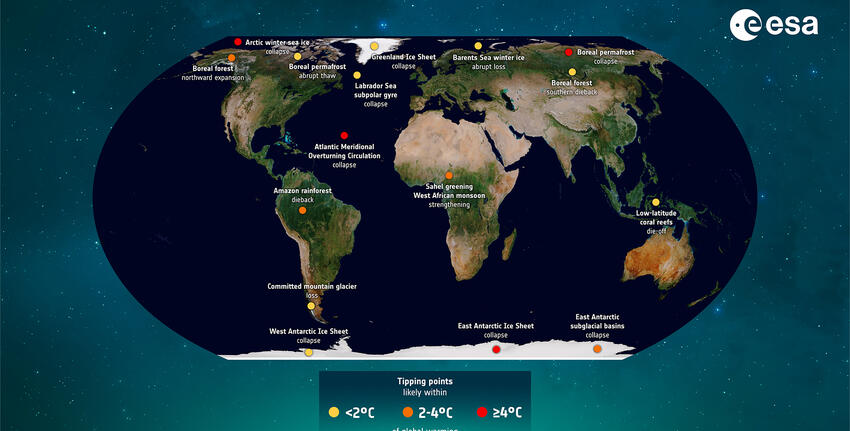
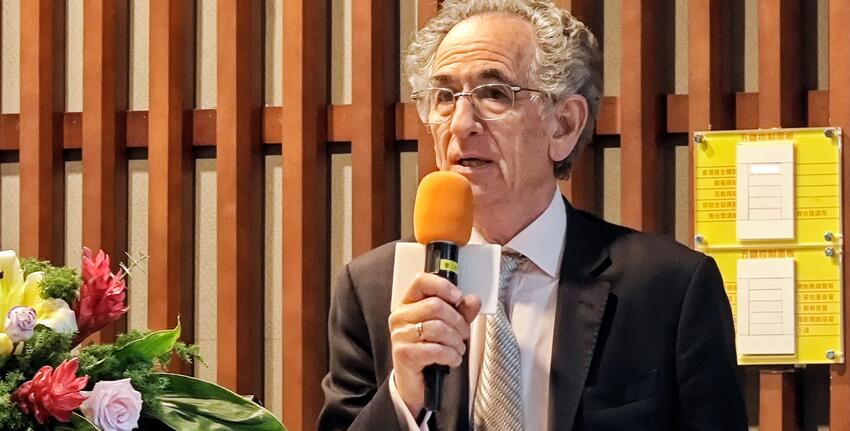

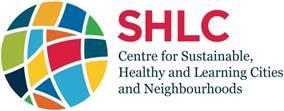

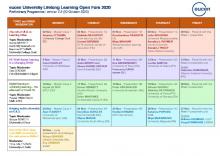
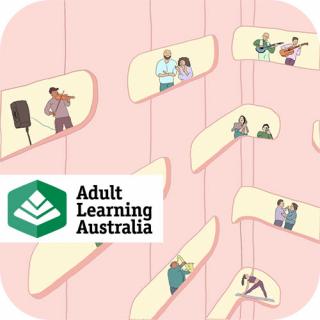
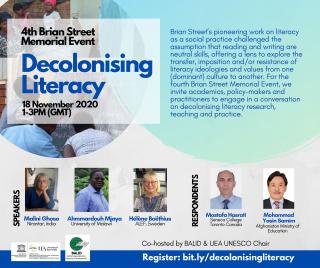
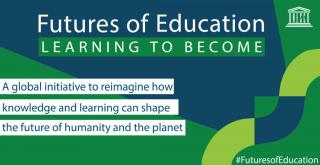
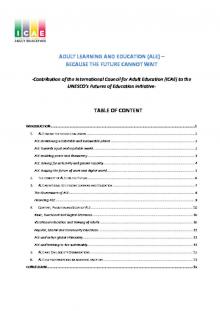
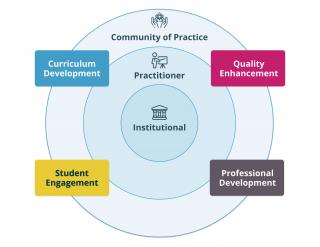

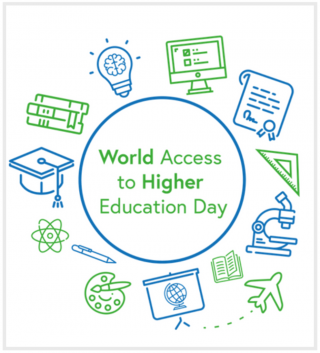
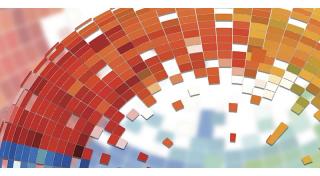
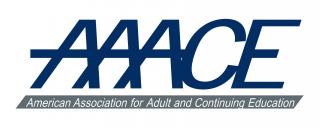
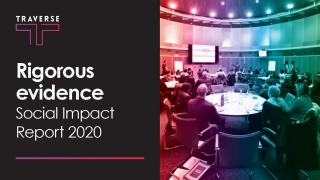

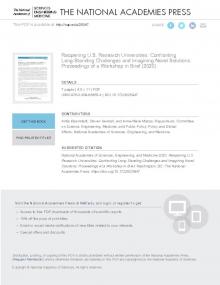
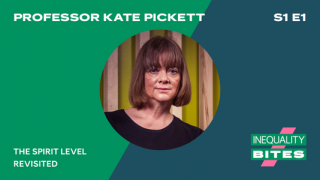
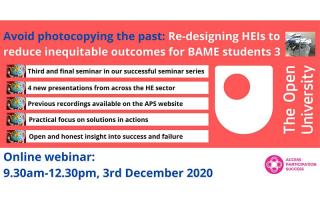











Latest Comments